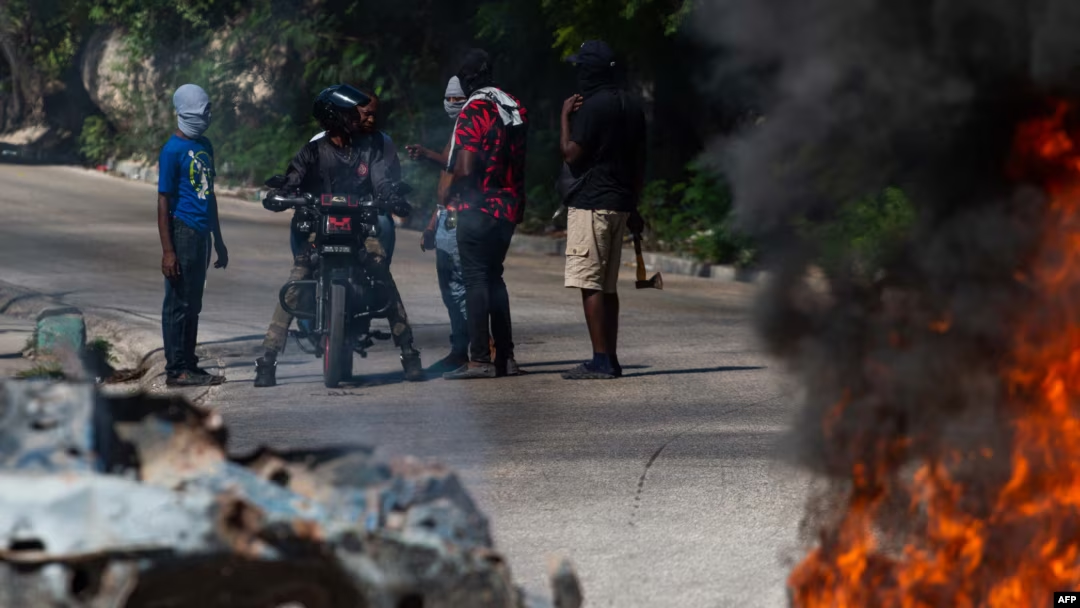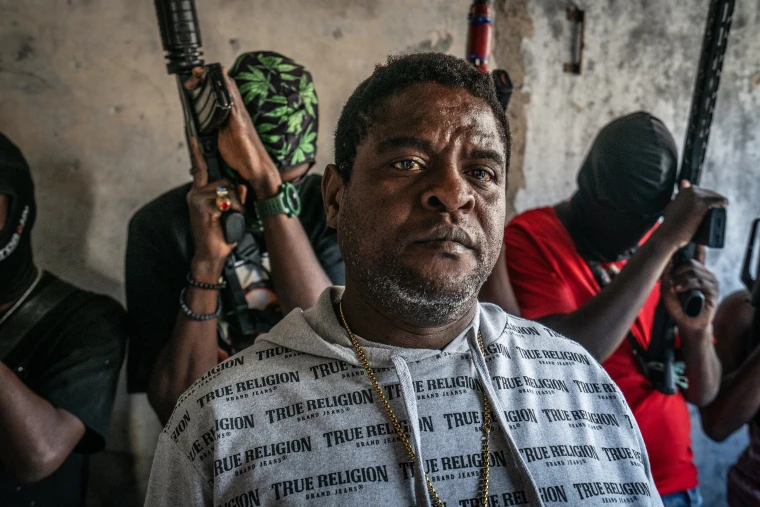In a shocking case that highlights the dangers of extremist ideologies, a former U.S. Coast Guard officer and trained sharpshooter has been accused of plotting to assassinate former President Donald Trump. The case has raised serious concerns about domestic terrorism, the radicalization of military personnel, and the persistent threats faced by high-profile political figures.
Who Is the Accused?
The individual at the center of this case is Christopher Paul Hasson, a former Coast Guard lieutenant who was arrested in February 2019 on firearms and drug charges. However, federal prosecutors later revealed that Hasson had compiled a hit list of prominent Democratic and Republican figures, including Trump, as well as several media personalities and Supreme Court justices.
Hasson, who had served in the Coast Guard for over two decades, was described as a domestic terrorist with white supremacist leanings. Investigators uncovered disturbing evidence suggesting that he had been planning a large-scale attack to incite chaos and overthrow the government.
The Plot Against Trump and Other Officials
Court documents revealed that Hasson had been stockpiling weapons and ammunition for years while researching potential targets. His hit list included:
-
Donald Trump (then-President)
-
Nancy Pelosi (House Speaker)
-
Chuck Schumer (Senate Minority Leader)
-
Alexandria Ocasio-Cortez (Congresswoman)
-
Several CNN and MSNBC journalists
Hasson allegedly admired Anders Breivik, the far-right extremist who killed 77 people in Norway in 2011. Prosecutors claimed that Hasson had drafted a manifesto echoing Breivik’s ideology, advocating for a violent overthrow of the government to establish a white ethnostate.
How Was the Plot Discovered?
Authorities became aware of Hasson’s activities after tracking his online searches, which included:
-
“What if Trump illegally impeached?”
-
“Best place in DC to see Congress people”
-
“Civil war if Trump impeached”
-
“Most liberal senators”
Additionally, Hasson had been purchasing tactical gear, silencers, and drugs (including opioids) in preparation for an attack. His internet history showed extensive research on assassination techniques and bomb-making.
Legal Proceedings and Sentencing
Hasson was initially charged with illegal possession of firearm silencers and drug offenses, but prosecutors argued that his true intent was far more sinister. Due to gaps in federal law, he could not be charged with domestic terrorism at the time.
In 2020, Hasson pleaded guilty to drug and weapons charges and was sentenced to 13 years in prison. While he avoided terrorism-related charges, the judge described him as a “domestic terrorist” who posed a grave threat to national security.
Broader Implications of the Case
1. The Threat of Domestic Extremism
Hasson’s case underscores the growing danger of homegrown terrorism, particularly from individuals with military training. His ability to evade detection for years raises concerns about radicalization within law enforcement and the armed forces.
2. Security Risks for Political Figures
High-profile politicians, especially presidents (current and former), remain prime targets for extremists. The Secret Service and FBI have repeatedly warned about increased threats against Trump and other leaders, particularly in today’s polarized climate.
3. Gaps in Counterterrorism Laws
Unlike international terrorism, domestic extremism is not a federal crime unless tied to specific violent acts. Hasson’s case has fueled calls for stronger domestic terrorism laws to prevent future plots.
Conclusion
The case of Christopher Hasson serves as a chilling reminder of how extremist ideologies can drive individuals—even those with military backgrounds—to plot violence against elected officials. While he is now behind bars, the broader issue of domestic terrorism, radicalization, and political violence remains a pressing concern.
As the U.S. continues to grapple with political divisions, law enforcement agencies must remain vigilant to prevent similar threats. The Hasson case should prompt stronger legislative action and better monitoring of extremist activity to safeguard democracy and public safety.




